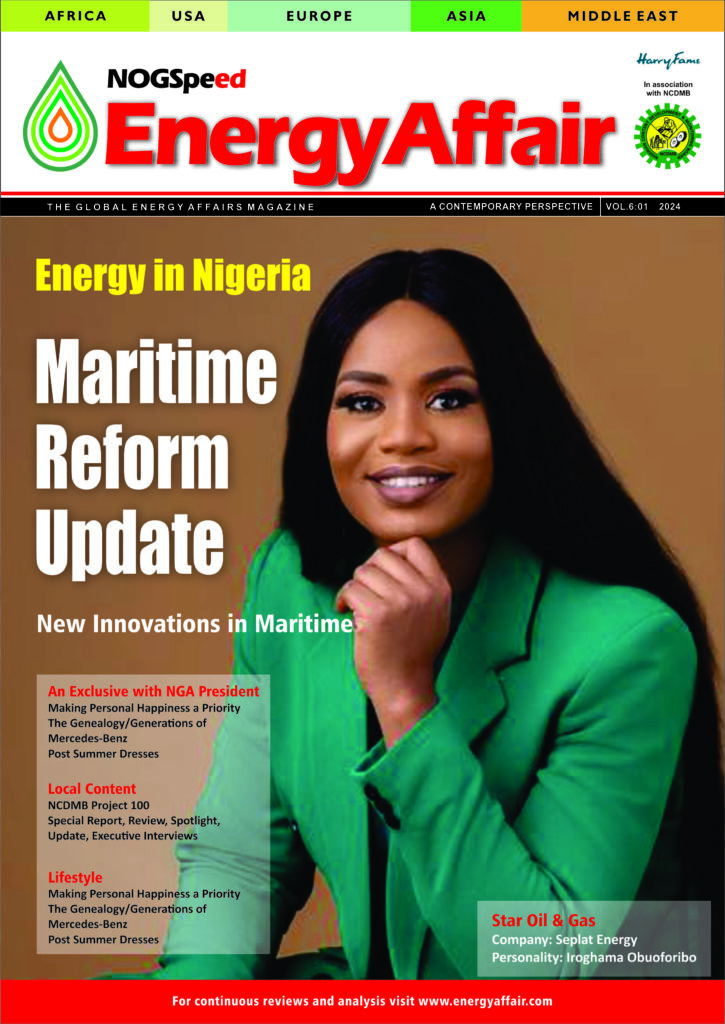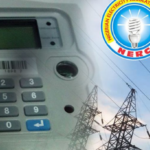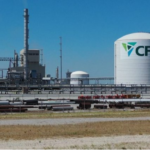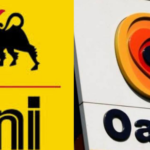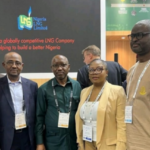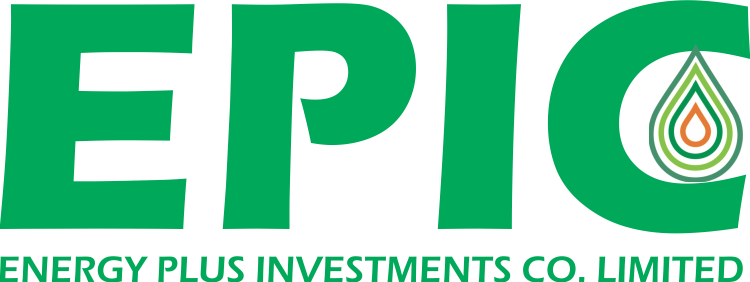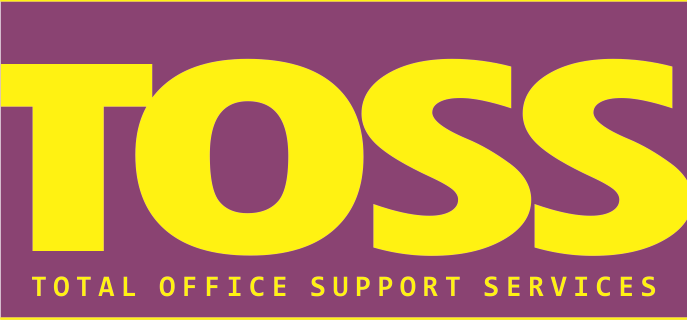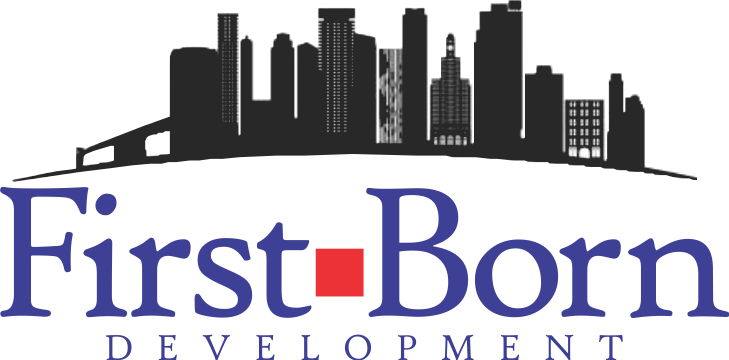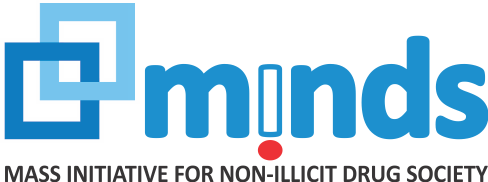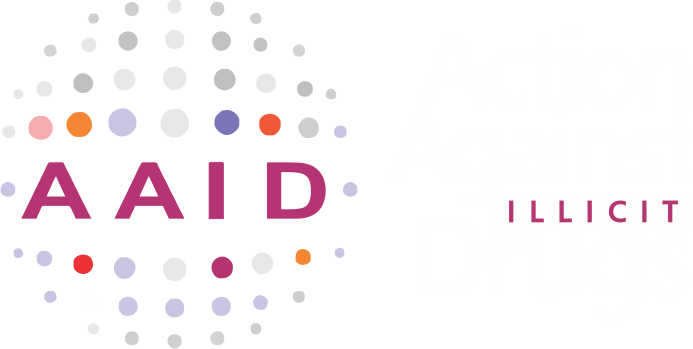The phenomenal growth being witnessed in the oil-bearing Niger Delta today is attributable to rare commitment by a few oil and gas companies. In this piece however, YEMISI IZUORA chronicles exceptional contributions and direct intervention by Shell group in Nigeria towards alleviating poverty in the region and beyond.
The Niger Delta region is synonymous with mineral resources deposit transverse with rivers and tributaries sheltered by natural vegetation suitable for conviviality of life. The region hosts vast deposit of crude oil in Nigeria which was discovered in commercial quantity in 1956 at Oloibiri (an Ijaw community) in present Bayelsa State.
Crude oil became a major export and foreign exchange earnings for the country from the 70s till date.
The Niger-delta environment is besetting with arrays of ecological and political challenges ranging from oil spills erosions, deforestation, local indigenous refineries to civil wars and communal clashes among others.
It refers to loss of adaptive capacity due to perturbations, dislocations and seriously environmental hazards that weaken natural resilience of the environment.
The regions environmental degradation has caused loss of soil fertility, rise in temperature, poor air quality, morbidity and mortality, reduction of living space and arable farming, deforestation, desertification, accumulation of toxic, hazardous substances and drought. The above illustrates the uncontrolled 56 years of bleeding the Niger-Delta ecological assets without commensurate improvements as observed by stakeholders.
Mismanagement of the oil and gas industry over decades in the Niger Delta has caused huge amounts of land, water, and air pollution.
Communities living in the Niger Delta are frustrated to suffer the worst impacts of the oil industry and gain little of the potential benefits.
Despite its natural resource wealth, many parts of the Niger Delta lack access to basic services, such as electricity, sanitation, and primary healthcare and education – and unemployment rates are high.
The Niger Delta region of Nigeria is a very vital area to the country and the indispensability of the region is based on its economic value to the nation. One central issue for which Niger Delta remains restive is the deficient level of development that Niger Delta has.
The establishment of the Niger Delta Development Commission (NDDC), by the Federal Government in 2000 came as a relief with a mandate to “facilitate the rapid, even and sustainable development of the Niger Delta into a region that is economically prosperous, socially stable, ecologically regenerative and politically peaceful.
However, as inhabitants of the region are getting used to enjoying the interventions of the Commission, by way of sustainable development in the area, many are beginning to express concern over increasingly dwindling funding of the agency.
This funding deficit was also re-echoed in 2021, when Sen. Godswill Akpabio, then Minister of Niger Delta Affairs, called for improved funding for the Niger Delta Development Commission (NDDC) to enhance the infrastructural development of the region.
Akpabio, complained that the funding system was poor because budgetary provisions for the Commission were staggered and did not come as and when due.
But to sustain the mandate of the Commission, present Minister of Niger Delta Affairs, Mr. Umana Okon Umana, assured that under his leadership, the NDDC will be repositioned and rebranded to achieve its core mandate as a vehicle to drive the socio-economic development of the region.
Umana said the Ministry would prioritise project execution and payments that deliver up the most impact for the country and that the new focus in project execution would shift to “security, health, education, water and road infrastructure.

Oil giant believes that Nigeria is a vibrant country, offering opportunities for people to improve their livelihoods and that the government, non-governmental organisations and companies have a role to play in creating these opportunities.
Nigeria consistently attracts the largest concentration of social investment spending in the Group and through its social investment, Shell is committed to contributing positively to development in the communities where it operate.
This confirms why and how Shell Companies in Nigeria have consistently contributed to programmes in health, education, access to energy, road safety, community skills and enterprise development which is in line with the mandate of the NDDC.
Oriental News Nigeria, reports that in 2021, the Shell Petroleum Development Company of Nigeria (SPDC) SPDC JV, Shell Nigeria Exploration and Production Company, SNEPCo and Shell Nigeria Gas SNG spent $33.8 million in direct social investment, compared with $49.4 million in 2020.
The SPDC is the pioneer and leader of the petroleum industry in Nigeria and has the largest acreage in the country from which it produces some 39 per cent of the nation’s oil.
To prove its commitment to Niger Delta development, the SPDC JV, in compliance with statutory requirements, also paid $38.7 million in 2021 to the Niger Delta Development Commission (NDDC) while SNEPCo and its co-ventures paid $23 million to the NDDC.
Programmes are delivered through collaboration with communities, schools, universities, health services, civil society and often alongside state governments and institutions. Most programmes extend over decades to ensure a sustainable and lasting positive impact.
Shell Companies in Nigeria undertake two types of voluntary social investment activities: Direct social investment across Nigeria, which focuses on community and enterprise development, education, community health, access to energy, road safety, and since 2018, biodiversity.
For example, SPDC has partnered with the Rivers State Government, Vieux Manioc BV of the Netherlands, and the Embassy of The Netherlands in Nigeria to develop the Rivers Cassava Processing Company Limited. The company, which was inaugurated in 2021, drives mobile machines to farmers for them to use to process the cassava they grow into our for market.
Community-driven development programmes and initiatives in the Niger Delta, which focus on various themes as determined by benefitting communities.
Equally, Community-driven programmes have been delivered through a Global Memorandum of Understanding (GMoU), which is an agreement between the SPDC JV and a cluster of several communities.
In 2021, the GMoUs were renewed and one new GMoU was deployed. Over the last ve years the SPDC JV has spent $98.6 million on development programmes through GMoUs, benefitting more than 300 communities in the Niger Delta.
Also, in 2021, a community-driven rural electricity project for the Gbarain/Ekpetiama GMoU cluster was completed and this provides reliable power access to over 450 households from the Obunagha and Tunuama communities of Bayelsa state.
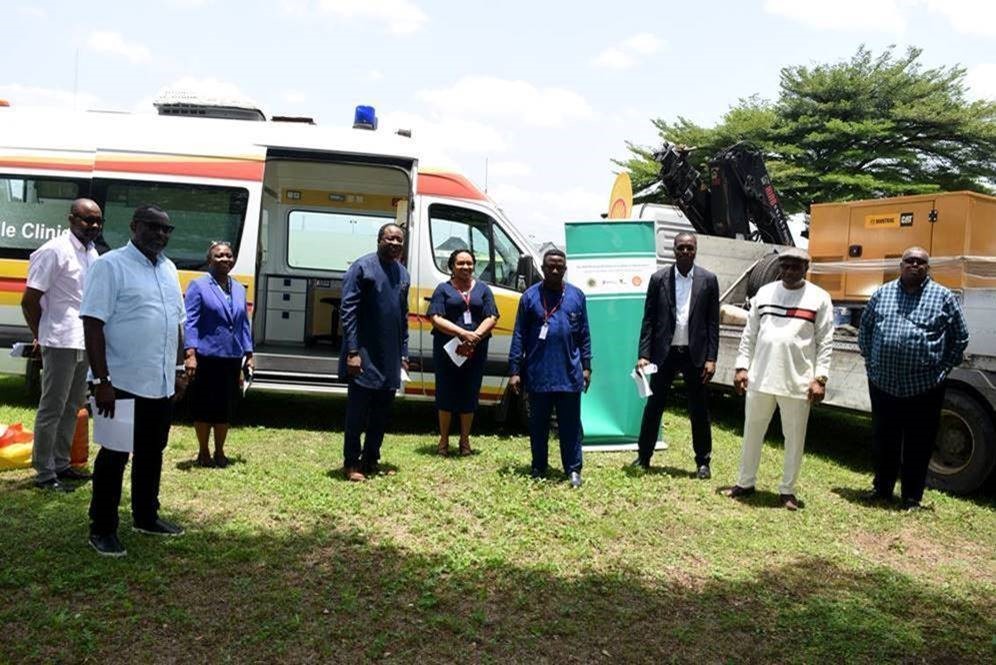
Promoting Healthcare and Supporting COVID-19 Initiatives
Though it was reported that the group in 2021 spent $33.8 million in direct social investment, compared with $49.4 million in 2020, it is important to stated that the year-on-year decline is largely because in 2020 significant contributions were made to COVID-19-specific programmes supporting communities which were impacted by the onset of the pandemic.
Since the start of the COVID-19 pandemic in early 2020, Shell Companies in Nigeria have worked to help protect staff, contractors and the communities where we operate, while also supporting the Nigerian state and federal governments. Shell Companies in Nigeria donated ambulances, ventilators, testing machines and kits, medical consumables and personal protection equipment to seven Nigerian states.
Shell Companies in Nigeria have also contributed nancially to the purchase of vaccines for Nigerians through the COVAX programme and launched community education and vaccination campaigns in 2021, reaching thousands of people.
Shell Companies in Nigeria have supported community health programmes in Nigeria since the 1980s, bene tting many hundreds of thousands of Nigerians. The SPDC JV and SNEPCo support 19 health-care centres and signature intervention projects throughout Nigeria:
The Community Health Insurance Scheme (CHIS) is a partnership between the SPDC JV, Rivers State Government and local communities. The programme improves people’s access to affordable, quality health care. In 2021, the scheme costs individuals $24 per year ($27 in 2020) and covers about 95 per cent of health-care needs. Since inception in 2010, more than 85,000 people have been enrolled. In 2021, 8,180 people enrolled in the scheme.
The Oloibiri Health Programme (OHP) is an SPDC JV-sponsored local government initiative in Ogbia area of Bayelsa State.
The OHP strengthens local health-care systems in the Ogbia area of Bayelsa State by upgrading and integrating facilities, training and supporting local health-care and community workers and helping to ensure a reliable supply of medicines. The programme has seen service utilisation rise to more than 3,600 patients in 2021 from around 800 when it was launched in 2017.
The Obio Cottage Hospital is a specialist maternity hospital in Port Harcourt supporting families at a crucial moment in their lives. It is funded by the Community Health Insurance Scheme. It has specialist pre- and post-natal wards and an operating theatre. More than 34,000 babies have been safely delivered at the hospital since 2010.
ƒ Health-in-Motion (HIM) is a mobile community health outreach programme that takes free medical services to where people live and work. Since 2010, more than a million people have benefitted from the programme. In 2021, a further 2,451 people benefitted from HIM.
Educating Nigeria’s young population is critical to the country’s development, and this is why since the 1950s, the SPDC JV and SNEPCo have offered thousands of Nigerian children, mostly from poor families in the Niger Delta, the opportunity to receive quality education for free. The SPDC JV and SNEPCo fund secondary and tertiary education scholarships.
Interestingly, in 2021, the SPDC JV and SNEPCo invested $6.2 million in scholarships. Since 2016, the SPDC JV and SNEPCo scholarship programmes have awarded more than 2,500 secondary school grants, over 3,200 university grants and 900 Cradle-to-Career scholarship grants to students.
Shell Companies in Nigeria also seeking to invest in specific initiatives that will benefit the energy sector.
For example, the SPDC JV, in collaboration with the University of Benin and Rivers State University, funds a Centre of Excellence in Geosciences and Petroleum Engineering. Working in collaboration with Rivers State University, the SPDC JV funds a Centre of Excellence in Marine and Offshore Engineering.
The two centres offer specialised postgraduate degrees and by the end of 2021, over 122 students had graduated from the programmes and over 82 per cent of these graduates have been employed in the oil and gas industry.
In 2021, the first phase of a $5 million facilities expansion was opened at the Nigerian Maritime University in Okerenkoko, Delta State. The new facilities are being donated by the SPDC JV partners and the first phase included auditoriums and a lecture room.
Aspiration, innovation and entrepreneurship are drivers of economic growth and Shell Companies in Nigeria work to improve the opportunities for Nigerians to achieve their ambitions.
In 2021, 190 Nigerians benefitted from Shell’s LiveWIRE youth programme, receiving training in enterprise development and management, as well as business start-up grants.
Since 2016, 1,173 Nigerian youths have been trained under the programme.





